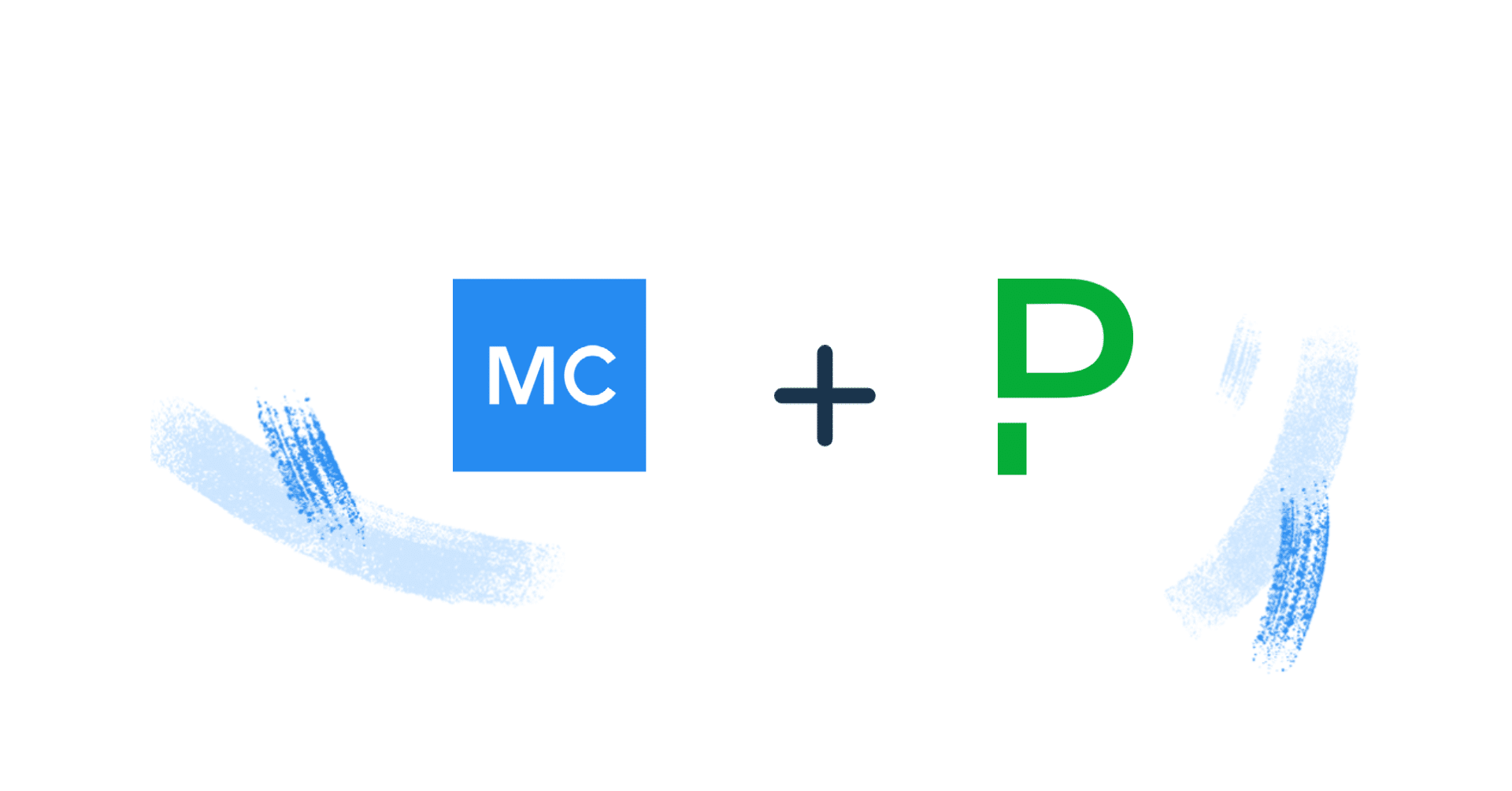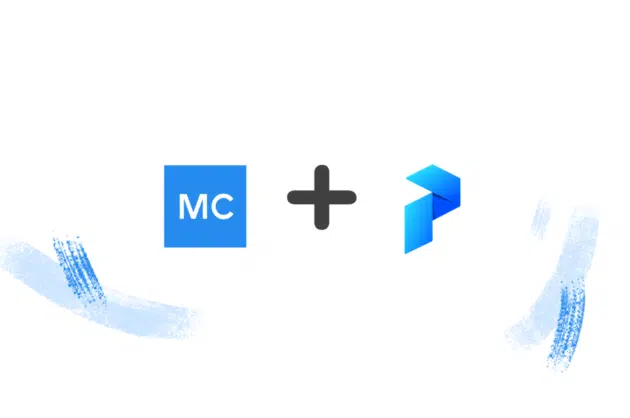Delivering More Reliable Data Pipelines with PagerDuty and Monte Carlo
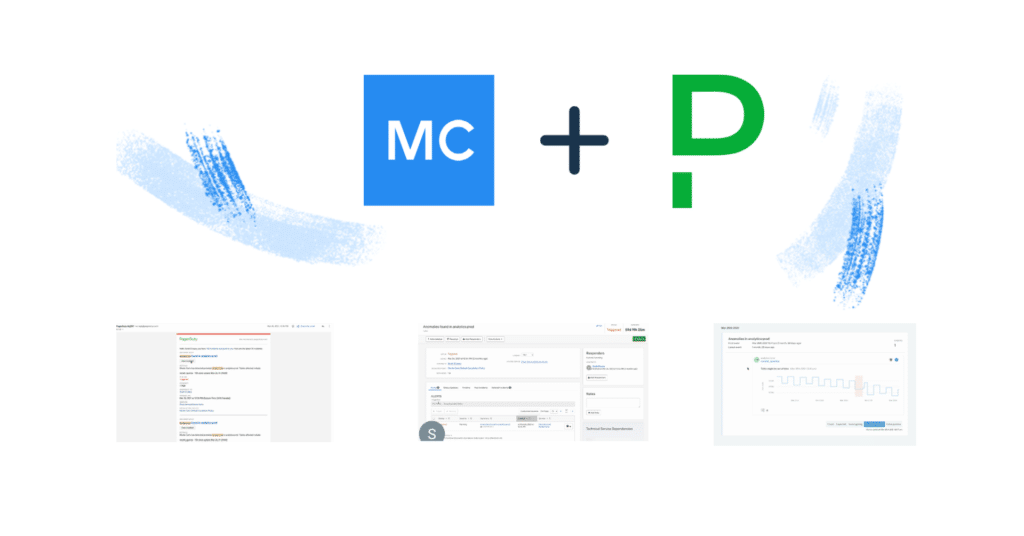
As more companies rely on more data to drive their product development and strategic decision making, it’s never been more important for this data to be trusted and accurate. With Monte Carlo and PagerDuty’s integration, data teams can achieve reliable data through automated lineage, real-time monitoring and alerting, and, ultimately, end-to-end data observability.
Over the last two decades, software engineers have addressed application downtime with thoughtful frameworks and specialized fields of DevOps and Site Reliability Engineering. Advanced tooling helps engineers monitor real-time health of their applications, making it possible for teams to achieve “five nines” of availability.
Data engineers and data analysts, meanwhile, continue to receive panicked Slack messages at all hours from executives and stakeholders, wondering why the numbers in the daily report look off or discovering that a key data asset has gone stale for weeks—and no one noticed.
Data downtime, defined as periods of time when data is missing, inaccurate, or otherwise erroneous, is a painfully familiar reality for data teams. It costs nearly 50 percent of their valuable time, not to mention millions of dollars in wasted revenue. And as more companies continue to invest in becoming data-driven, the problem of data downtime will only get worse.
Like software engineers before them, data teams need a simple, collaborative method of monitoring and alerting for anomalies in data across every stage of its lifecycle. Additionally, to prevent issues and increase collaboration, teams need the ability to map their data lineage, understanding how changes in data pipelines affect downstream sources—from ingestion in a data lake to inclusion in a business intelligence report.
To help data teams achieve this end-to-end data observability, Monte Carlo is excited to announce our partnership with PagerDuty.
Seamlessly monitor data quality across teams with Monte Carlo and PagerDuty
Our data observability platform uses both machine learning-generated and custom rules to identify and surface anomalies and incidents related to data quality, from the completeness of data tables to abnormal representation of expected values in a data asset.
Monte Carlo’s PagerDuty integration enables data organizations to seamlessly identify, resolve, and prevent data downtime before the business is impacted. With this new integration, alerts about real-time data issues can be sent to PagerDuty and delivered to the appropriate team or individual to take action. Data engineers can update notes or make comments directly from PagerDuty, making it easy for all teams to maintain visibility and collaborate.
With this partnership, PagerDuty customers can now:
- Access observability and monitoring data in one place. As companies continue to invest in data, DevOps and data engineering teams will grow. Using the same tooling facilitates communication and collaboration across departments or business units.
- Detect, surface, and identify issues with key data assets. Monte Carlo continuously monitors your data assets for freshness, distribution, volume, schema, and lineage through a combination of automated parameters and customized rules.
- Prioritize and intelligently route alerts to the right team members. Alerts are only helpful if the right team receives them. Monte Carlo and PagerDuty enable routing based on data set assignments and incident type.
- Find the root cause of data quality issues, fast. Monte Carlo drastically reduces time to resolution by bringing all information and context for your pipelines into one place, giving teams a single pane of glass to investigate issues and identify root causes.
- Understand the business impact of bad data. With automated, end-to-end lineage provided by Monte Carlo, your data team can track dependencies and understand the downstream impact of any data issues, allowing them to move swiftly to intervene before decision making is compromised.
- Prevent data downtime. When data teams can access a comprehensive map of their data ecosystem, it’s easy to understand the potential ramifications of any changes to pipelines or assets—and collaborate seamlessly to prevent the negative impact of bad data.
What our customers have to say

For PlaySimple Games, the mobile gaming leader behind such viral hits as Word Trip and Crossword Jam, data observability through Monte Carlo and PagerDuty is critical when it comes to achieving reliable and trustworthy data across the company.
“To power mobile gaming experiences for our users worldwide, PlaySimple relies on accurate, real-time data. For the key tables powering our product, we simply can’t afford to fly blind when it comes to data trust,” said Siddhanth Jain, co-founder at PlaySimple Games. “Monte Carlo’s PagerDuty integration allows our team to know when data incidents happen in real time so that our analysts and product managers are alerted as soon as data pipelines break. Now, we can root cause and fix data issues fast, before they affect our business.”

PagerDuty is the world’s leading digital operations platform for full-stack incident response and on-call management. At PagerDuty, data informs every business decision, from customer support to feature development, and most recently, how to support pricing plans for organizations most affected during COVID-19. Manuraj Rajasekharan, Senior Director of Data Platform and Analytics, leads the data engineering team responsible for ensuring end-to-end trust across PagerDuty’s data ecosystem.
With Monte Carlo and PagerDuty’s integration, PagerDuty’s data engineering team is the first to know about and solve data issues before they affect critical dashboards and reports downstream.
Learn more about this integration from Manuraj at PagerDuty Summit in his session, “The Future of DataOps: How to Manage Data Incidents at Scale with PagerDuty and Monte Carlo.”
Want to learn more about how data observability can help you trust your data? Book a time to speak with us using the form below.
Our promise: we will show you the product.
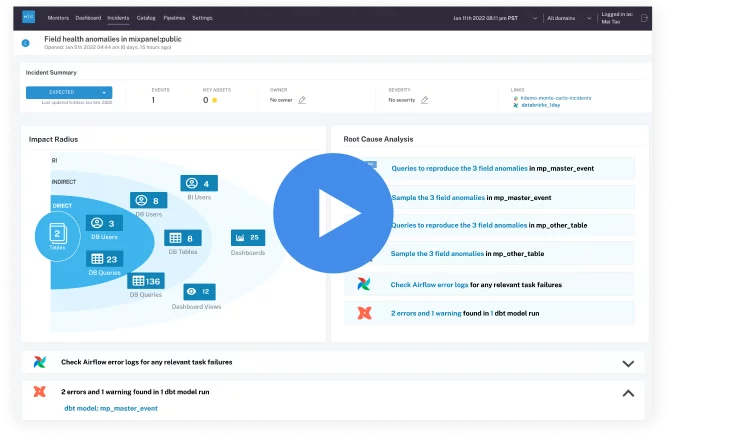 Product demo.
Product demo.  3 Steps to AI-Ready Data
3 Steps to AI-Ready Data 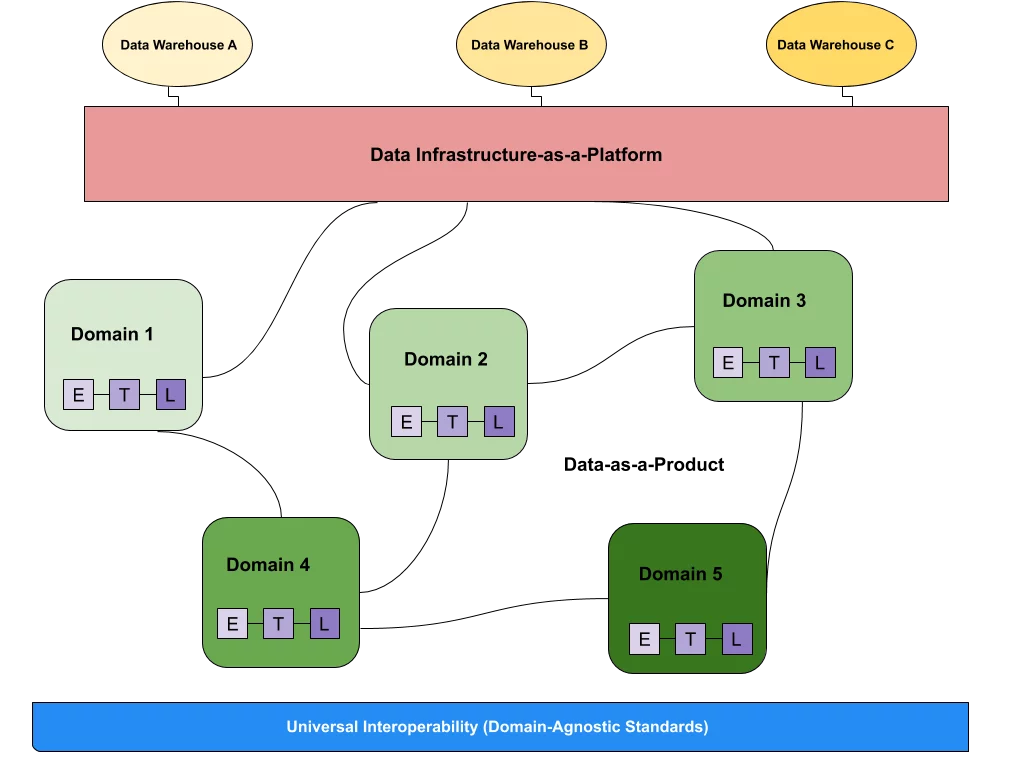 What is a data mesh--and how not to mesh it up
What is a data mesh--and how not to mesh it up 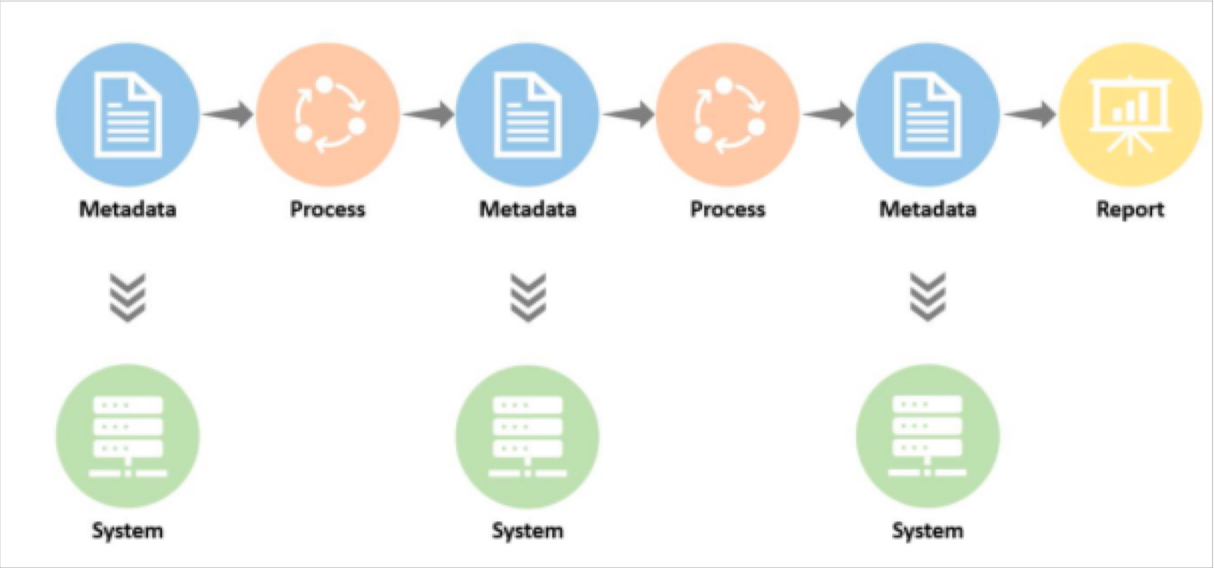 The ULTIMATE Guide To Data Lineage
The ULTIMATE Guide To Data Lineage 
